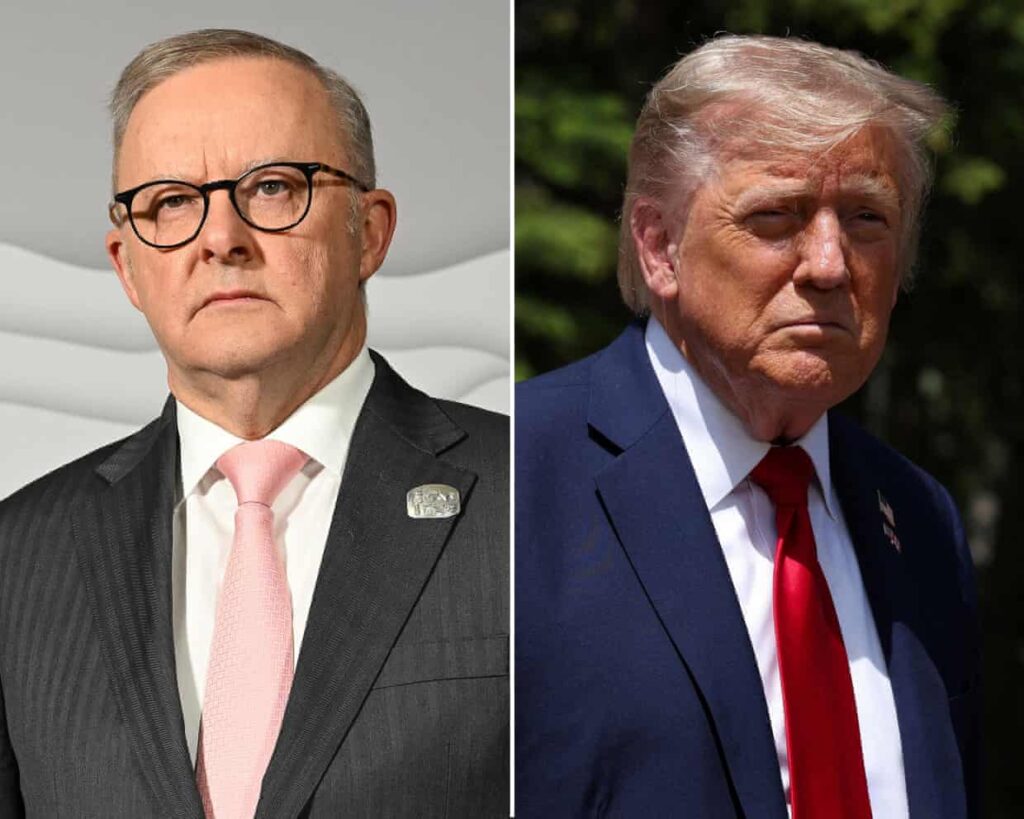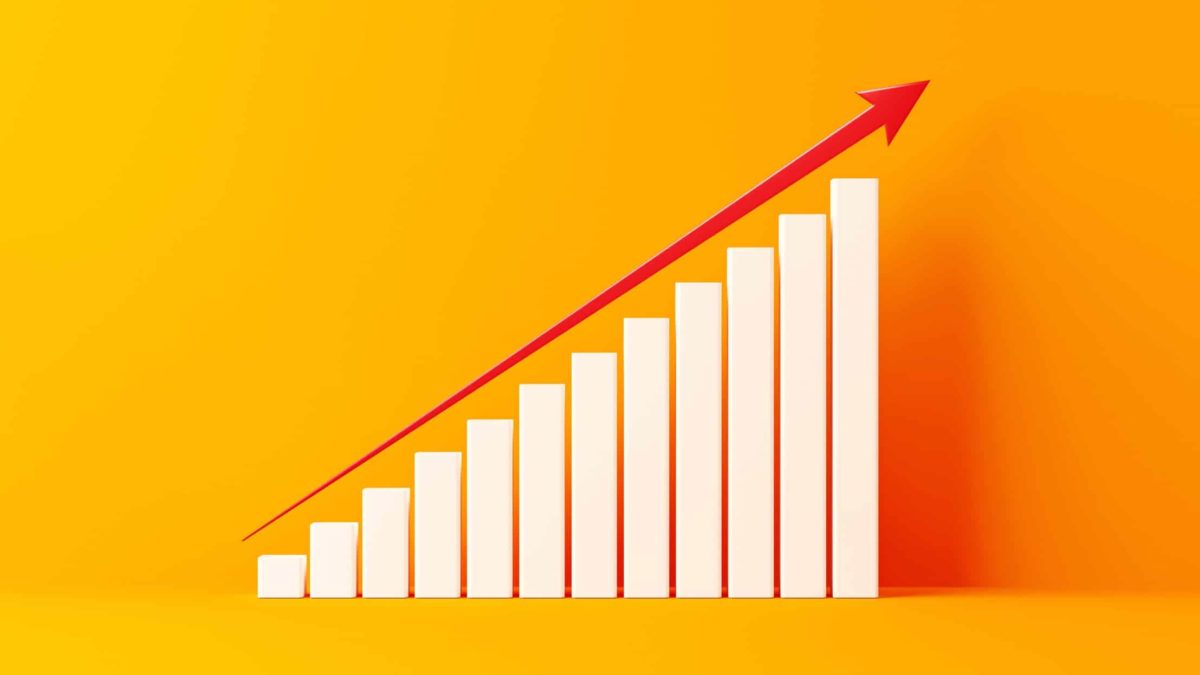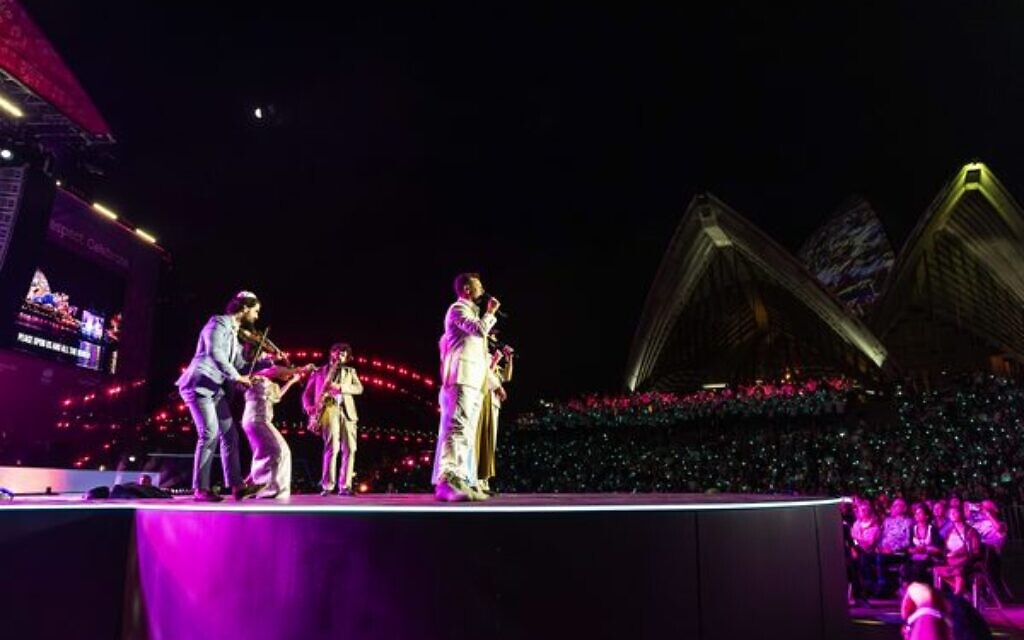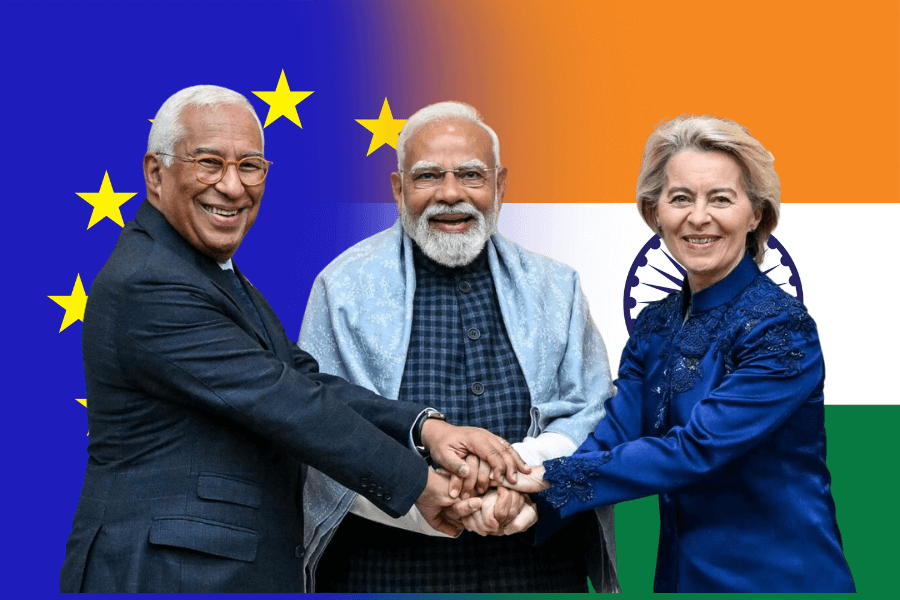
The Australian government, led by Prime Minister Anthony Albanese, is receiving increasing pressure to reassess its long-standing alliance with the United States. The call for a shift in foreign and defence policy comes amid changing global dynamics, particularly as the US faces challenges in maintaining strategic influence in the Indo-Pacific region.
The discussion gained momentum following a recent contribution by political strategist and former staff member to Kevin Rudd, Lachlan Harris. In response to Hugh White‘s Quarterly Essay, *Hard New World*, Harris argues that the next significant Australian leader will be one who pivots the nation away from dependence on the US. He suggests that the era of American strategic primacy in Asia has effectively ended, prompting Australia to embrace a “post-American future” and focus on self-reliance.
Reflecting on history, Harris points to John Curtin, the last prime minister to pursue a substantial shift in policy during critical times in December 1941. Curtin’s declaration that “Australia looks to America, free of any pangs as to our traditional links or kinship with the United Kingdom” marked a notable pivot in Australian foreign relations.
Discussions of the alliance have taken on urgency, especially following a recent call between Albanese and former US President Donald Trump. The conversation, which occurred on Thursday night, highlighted topics such as economic cooperation and Australia’s strategy to diversify its critical mineral supply chains away from China. According to a readout from Albanese’s office, both leaders emphasized the strength of their relationship and the “importance of our shared security interests.”
These interests include US expectations that Australia increase its defence spending to as much as 3% of GDP and the Pentagon’s ongoing review of the AUKUS nuclear submarines agreement. This deal, which has drawn skepticism from some within the Labor Party, has already cost Australia approximately $1.6 billion without a guarantee of the delivery of the promised Virginia-class submarines. The total cost for the AUKUS initiative is projected to be at least $370 billion, with unresolved issues regarding the management of radioactive waste from these submarines.
In recent statements, Albanese described the US as “our most important partner,” further indicating a commitment to enhancing the bilateral relationship. However, this commitment has not come without criticism; even staunch US allies in Australia, such as former Liberal Prime Minister Tony Abbott, acknowledge a shift in America’s role on the global stage. In his Substack, Abbott noted that the current US administration lacks a commitment to global leadership and the traditional support for allies.
Critics within the Australian political landscape, including former Prime Ministers Paul Keating and Bob Carr, have voiced their opposition to AUKUS. They argue that the ongoing review led by Elbridge Colby, the US Under Secretary of Defense, might provide Australia with a path to reassess its commitments. Keating has labeled the AUKUS agreement as “the most poorly conceived defence procurement program ever adopted by an Australian government,” a sentiment echoing among some political figures advocating for a more independent approach to national security.
Scholars like Sam Roggeveen from the Lowy Institute have also emphasized the need for Australia to rethink its strategic posture. In his book, *The Echidna Strategy*, Roggeveen posits that Australia must prepare to defend itself without relying on American support, advocating for bold changes in foreign policy and increased regional leadership.
The current administration’s reluctance to explore new foreign policy avenues has only intensified with the ongoing global tensions. The recent military displays by China under Xi Jinping have underscored the urgency for Australia to reassess its alliances and strategies.
Albanese’s cautious political approach prioritizes the fulfillment of election promises while navigating complex international relationships. His recent John Curtin Oration in July emphasized the importance of building stability and prosperity through partnerships, yet a significant shift in foreign policy appears daunting.
As discussions around Australia’s international role persist, the question remains: who will lead the country towards a more autonomous foreign policy in a rapidly changing world? Harris’s assertion that the alignment of strategic necessity and political opportunity could herald a new era of leadership leaves room for speculation regarding the future direction of Australia’s foreign relations.







